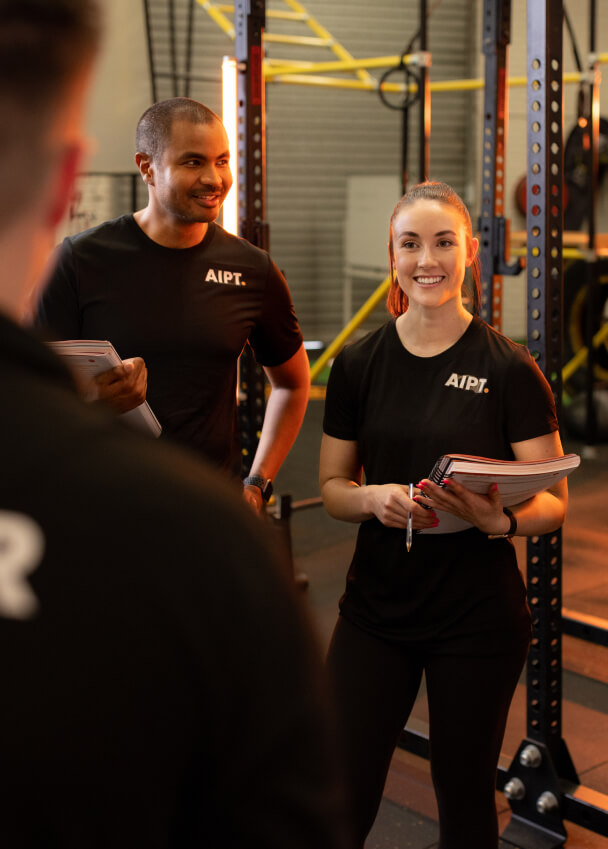08 Nov 2016
What you Need to Know to Run a PT Business
Running a personal training business means more than simply turning up and training your clients.
You need to ensure you’re equipped with the knowledge and materials to deliver a professional service, adhere to legal requirements and consistently strive for improvement and business growth.

Check out what you need to know before starting your personal training business.
Skills
First and foremost, you need to ensure you’re qualified to work as a Personal Trainer. This means undertaking training with a qualification like the Complete Personal Training Course. If you’re looking to upskill and provide additional services to clients, such as tailored nutrition advice, it's also worth investing in qualifications like a Diploma of Nutrition.
As a successful Personal Trainer, you need to present a professional front. This means maintaining a good level of physical fitness, being able to communicate well and inspiring others with a passion for health and fitness.
Responsibilities
As a nationally accredited Personal Trainer, you have the responsibility to assess the fitness needs and capabilities of individuals, devise and execute personalised training and exercise programs. As such, you need to ensure a client is informed on the correct method of exercising with weights, cardio machines and other training and exercise equipment.
As a small business owner, you are also required to provide a clean and well-maintained working environment and ensure both clients and colleagues are practising and performing in a safe and legally compliant manner.
If you’re new to the business sphere, it may be worth studying the steps of planning, establishing and operating a successful small business. Qualifications like a Complete Personal Training and Business Course will guide you through the process of setting up and navigating you through conducting business and marketing plans, management strategies and the best practices of growing your client database.

Liabilities
As with running any business, you will be the one held responsible for any liabilities – make sure you know your rights and responsibilities. Before you open your personal training business, check with your state’s relevant business licencing authority to find out whether you need to obtain any certain permits or licenses.
Cover yourself and your business by making sure you have adequate insurance in place for any damages or accidents that may take place within your business. Injuries are not uncommon – particularly in the fitness industry – and Personal Trainers can be held liable by clients if they have been negligently treated.
Employment
If your business is booming and you’re planning on reeling in more personal training employees, stay up-to-date on the following:
Awards
Pay rates and allowances
Annual leave calculations
National employment standards
Interested in pursuing your passion for fitness? Start up your own fitness business with the Australian Institute of Personal Trainers. Call 1300 616 180 today.
Related Articles

10 Top Qualities of a Good Personal Trainer
Learning how to become a personal trainer is one thing, but how do we cultivate the skills needed to become successful and stay there?
Let’s Build Your Future in Fitness Together.

Industry Supplier
Proud member of

© Australian Institute of Personal Trainers | RTO Number 32363

